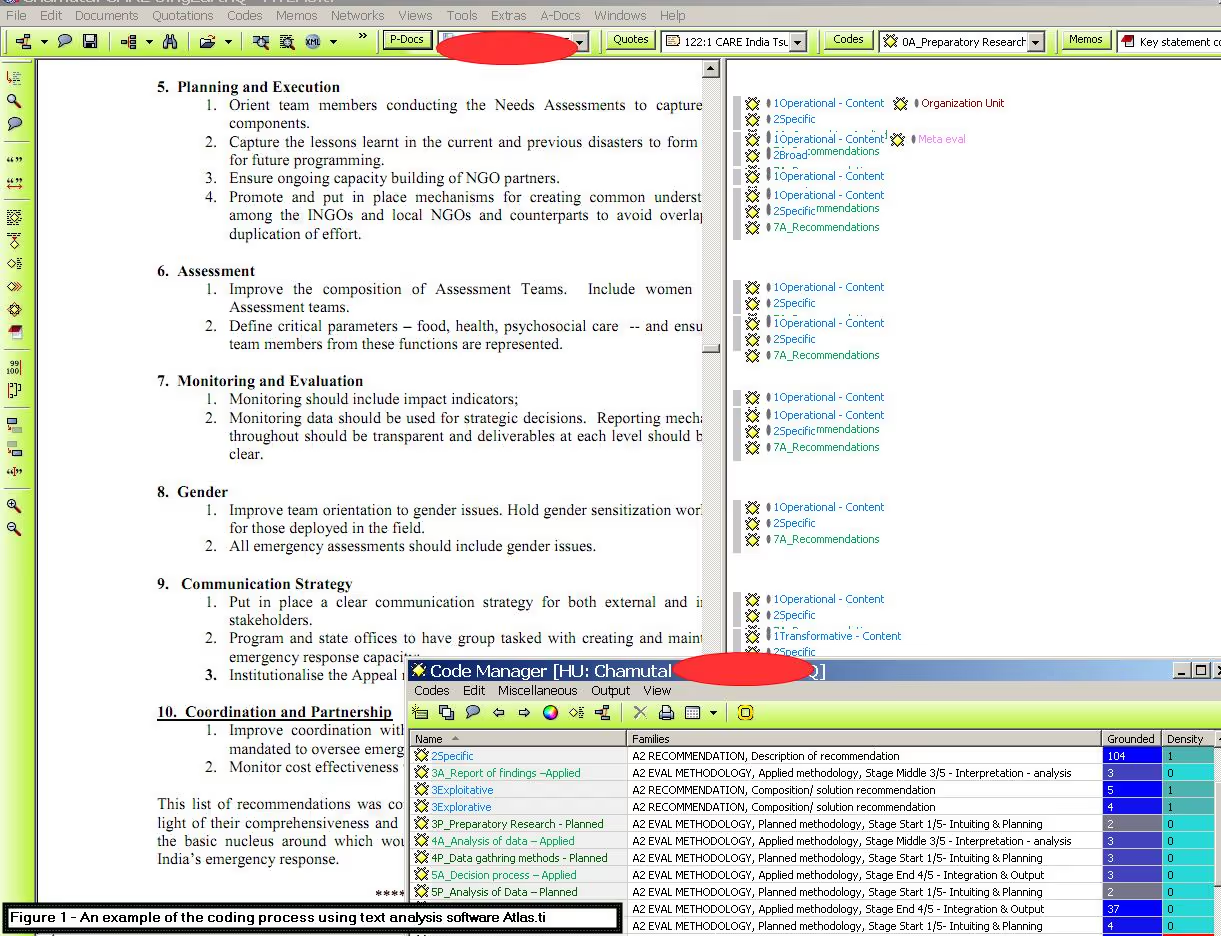From product strategy to the development of the first Humanitarian Genome version

The Humanitarian Genome project has officially started on January 1st this year. In the first three months in the project, we have been working hard on preparing the grounds in which the first versions of the Humanitarian Genome will be tested. For this, the following steps were taken.
First, Chamutal Afek-Eitam visited Israel where she met with Elad Mallel the expert ICT link from Soluto. By him she was introduced to the art of developing new ICT products. One important lesson was to develop a so-called product strategy document in which a thorough analysis is made of the various progressive scenarios the Humanitarian Genome would face when used by its different target group users. This process enables a clearer understanding of the distinctive specific competences the system requires; in each different scenario the envisioned user group is specified, detailed user data requests and outputs are established, and a better understanding of the preferred systems interface is made possible. This document has now been developed and reviewed by our content advisors; it now functions as the foundation guideline for the development of first versions of the Humanitarian Genome.

In a next step the Humanitarian Genome team has moved on to initiating the data for the first version. While developing each of the Humanitarian Genome versions we decided on a ‘start small, controlled and precise’ strategy (see our previous blog). And so, for this first batch, we selected fifteen post response single agency evaluation reports belonging to some of our ECB partner organizations. While our coding scheme is extensive and somewhat complex, the user scenarios helped us narrow down the selection, of the needed themes and codes, for the 1st version dramatically. For this first version we selected five basic themes to focus upon, these themes are: documented facts, purpose of evaluation, humanitarian sector categories, recommendations, and negative and positive statements. Each of the 15 reports will be coded with these themes, and their exhaustive associated codes. The coding scheme, developed in the past years in the University of Groningen, is grounded in academic and humanitarian sector literature and practice.
Using the text analysis software Atlas.ti as their operational platform, the coded reports are managed, coded and analysed digitally according to the classification and system developed by the Groningen researches.
In the coming month, we plan to finish this first coding exercise. The coding results will form the basis for the Humanitarian Genome IT programmer to program the first version of the Humanitarian Genome which will then be tested with the Humanitarian Genome targeted user group and content advisors. In the meantime, we will already start preparing the grounds for the second version, in which we will be adding further levels of complexity to the Humanitarian Genome with more types of reports and additional themes and codes to analyse the texts with!
We have now established a working plan to create four complete versions of the Humanitarian Genome as part of the HIF funded innovation. By gradually building up the layers of analysis possibilities, the Humanitarian Genome aims to answer user demands to better utilize existing evaluative data for research, reports, organizational learning, operational improvements and decision making. The Humanitarian Genome will produce hierarchical outputs based on scientific rigour in a swift, reliable and user friendly manner.
Dr. Liesbet Heyse &; Chamutal Eitam- University of Groningen
Stay updated
Sign up for our newsletter to receive regular updates on resources, news, and insights like this. Don’t miss out on important information that can help you stay informed and engaged.
Related articles


.png)
Explore Elrha
Learn more about our mission, the organisations we support, and the resources we provide to drive research and innovation in humanitarian response.